Extra French police to stay in New Caledonia, Macron says
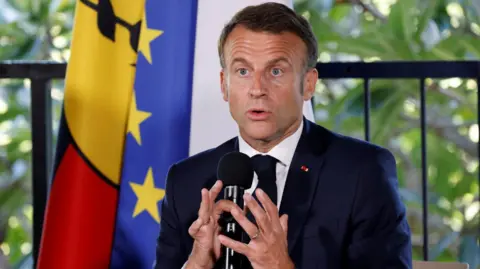 Reuters
ReutersPresident Emmanuel Macron has vowed that French police forces will remain for "as long as necessary" in New Caledonia, as he arrived in the riot-plagued French Pacific territory.
Six people, including two police officers, have been killed and hundreds injured in the riots triggered by a controversial electoral reform proposed last week.
Indigenous Kanaks say the political influence of native people will be diluted if more French residents are allowed to vote in local elections.
There have long been tensions between the central government in Paris and New Caledonia's pro-independence Kanaks, who make up about 40% of the tiny archipelago.
The group of islands, located between Australia and Fiji, has been a French territory since the 19th Century. The riots have marked the worst unrest it has seen since the 1980s.
"That is the absolute priority," the French leader said.
He paid respects to the victims of the riots, as he met local political and business leaders.
The summit included separatist leaders, who said beforehand that they hoped it could "breathe new life" into discussions with France.
Mr Macron admitted that the most delicate conversation to be had was that of politics - and of the future of New Caledonia, the BBC's Australia correspondent Katy Watson reports, adding that he will have a huge job on his hands.
Police have held 269 people since the violence began on 13 May, and New Caledonia is currently under a state of emergency.
But Mr Macron hinted that the emergency status could be lifted in the coming days, saying: "I personally believe that the state of emergency should not be extended".
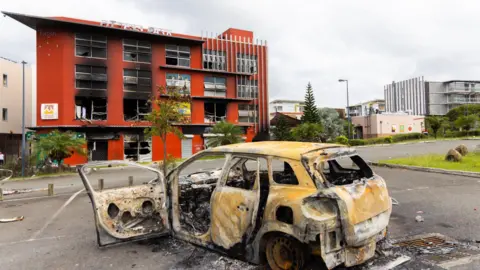 EPA-EFE/REX/Shutterstock
EPA-EFE/REX/ShutterstockNew Caledonia has a population of about 300,000 people, including 112,000 indigenous Kanaks.
More than 40,000 French nationals have moved to New Caledonia since.
Last week, the National Assembly in Paris proposed granting voting rights to French residents who have lived in the territory for 10 years.
Because this requires a change to the constitution, the measure faces further hurdles.
The Nouméa agreement allowed for three referendums on the country's future. Independence was rejected in all instances.
The first two showed slim majorities for remaining part of France. The third, in December 2021, was boycotted by pro-independence parties because it was held during the Covid pandemic.
Macron Mierde: New French Colonialism, Nickel Mines, Riot-Torn New Caledonia
Why are protests against France raging in New Caledonia?
- The French government argues that this move “supports democracy” in the group of islands.
New Caledonia, which has a population of slightly more than 300,000, lies between Australia and Fiji and is one of France’s biggest overseas territories.
However, the Indigenous Kanak people have long resented Parisian rule, and say allowing French incomers to vote would hamper its chances of gaining independence.
This week’s changes would add thousands of these newer French arrivals – at least 40,000 have arrived since 1998 according to official figures – to the country’s electoral list, which Indigenous groups say will undermine their push for self-rule.
New Caledonia makes France 'the second largest maritime power in the world' • FRANCE 24 English
New Caledonia’s nickel crisis prompts call for 'economic, social state of emergency'
3:40 pm on 29 February 2024
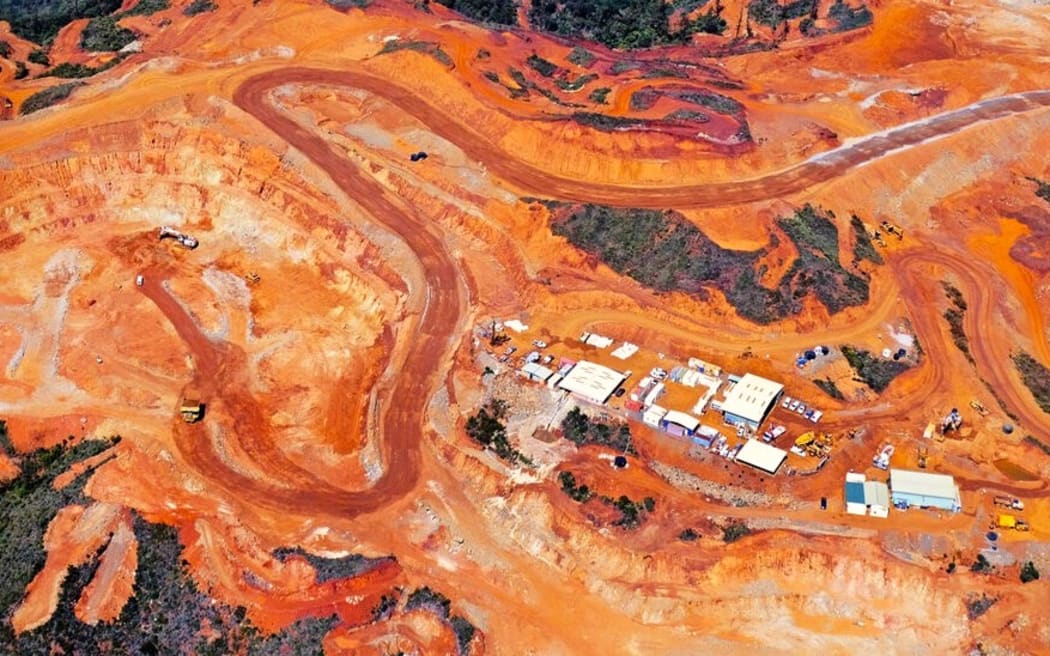
New Caledonia's Koniambo - KNS - mining site aerial view. Photo: KNS
Analysis - New Caledonia's current nickel industry crisis has prompted several pro-French parties to call for a "state of economic urgency".
The measure announced a few days ago that is putting the whole site in sleep ("care and maintenance") mode has become very real.
In the South of the main island, Société Le Nickel - SLN - plant, a subsidiary of French giant Eramet recently had to be bailed out by a French government loan to avoid an ominous bankruptcy.
The other Southern plant, owned by Prony Resources, is also trying to keep its head above water and is currently engaged in a major restructuring of its stock to allow a major industrial partner to invest.
On Wednesday this week, KNS chairman Neil Meadows held a press conference in Vavouto, on the now-idle Koniambo mining site.
The whole site has now started to implement the "care and maintenance" measures announced by Glencore earlier this month, making the announced steps painfully real.
This involves keeping some 1300 Glencore's core staff busy (with on-site cleaning and maintenance tasks or to engage them in training sessions) while ensuring the smelters remain "hot" in order to be ready to re-start in case a new investor agrees to take over Glencore's 49 percent in the KNS stock.
Glencore has assured that its KNS staff will keep getting paid for the next six months.
But up to another estimated 2000 staff employed by KNS on-site subcontractors do not have this kind of protection and are already facing the brunt of Koniambo's being placed in sleep mode.
Nickel being the main pillar of New Caledonia's economy, in recent days, several political and union groupings have warned of the "seriousness" of New Caledonia's acute nickel situation and its potential domino-like, trickle-down social consequences, both for households and companies.
On Monday, four members of the local government, all from pro-France parties, also called for an "economic and social state of emergency" to be declared in New Caledonia.
The group includes former President of New Caledonia, Thierry Santa (from Rassemblement -LR- party), now still a member of the executive as minister for labour and employment.
New Caledonia's "collegial" government, which is made up proportionally by both pro-France and pro-independence parties, is currently headed by the French Pacific archipelago's pro-independence parties.
"We are no longer on the verge of hitting the wall, we've already crashed into the wall", Santa told reporters, asking for the government he is part of to take appropriate measures, including a series of large-scale works to boost employment.
This would include launching several large projects, including major upgrading works on roads and other infrastructure.
"Agissons Solidaires" (- AS - "Let's Act In Solidarity) grouping was speaking in similar terms later this week.
"It's no longer a matter of months, but a matter of days (...) Putting KNS to sleep is just the first drop of water from a huge wave that will fall upon us and drown us", AS leader (as well as President of employers union MEDEF-NC) Mimsy Daly told a press conference earlier this week, in reference to New Caledonia's current economic woes.
AS is calling upon the local government to urgently put in place a plan to kick-start the economy again and to place a moratorium on any new tax scheme.
And if their call is not heeded, AS is already threatening to call its members to take to the streets of Nouméa.
The French government (including its finance minister Bruno Lemaire, who visited in November 2023) is trying to get all of New Caledonia's nickel stakeholders (three mining sites, all in dire financial difficulties) to sign what it calls a "nickel pact" to implement stringent reforms.
The French minister has planned 25 March as the proposed date for signing his "nickel pact".
The aim was to make New Caledonia's nickel more competitive on the global market, in the face of an increasing production of low-cost nickel from China and Indonesia, as well as an increasing world demand for nickel to produce, amongst other things, batteries for new generation electric vehicles.
Eramet's chairwoman drops a bombshell
On a global scale, Eramet Chairperson, Christel Bories, dropped a bombshell this week, in an interview with The Financial Times.
In a rarely frank interview on Sunday 25 February, she predicted that Eramet's subsidiary SLN (Société Le Nickel) in New Caledonia, would be part of those nickel mining sites and smelters at risk of being "wiped out (...) within five years" because of its "lack of competitivity and the emergence of Indonesia as a major high quality and low cost producer.
She predicted that Indonesia could end up accounting for more than three-quarters of the world's highest class of pure nickel in five years from now.
"I very much doubt that many governments can be found who still want to massively subsidise (...) to compete with Indonesian production", she said.
- Bories also clearly affirmed that from now on, Eramet would "never" consider fresh investments in New Caledonia's nickel.
"Frankly, in the past, (New Caledonia) has relied too much on the nickel, because it was the easy way to get money", she lashed out, further recommending that in future, New Caledonia's nickel industry should solely focus on profitable extraction mining and close the cash-bleeding nickel processing smelters.
As a result, she foresaw, New Caledonia could transform into a "mining only" territory.
Eramet also holds interests in operations in Indonesia's Weda Bay, now regarded as the world's largest nickel mine.


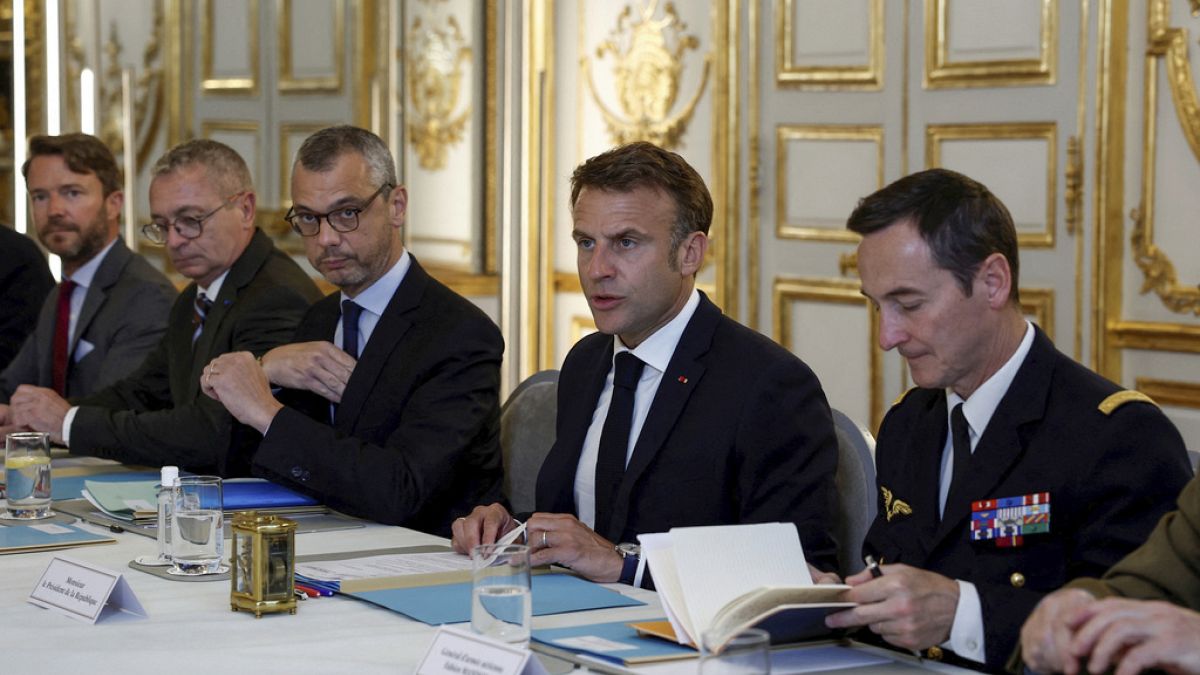
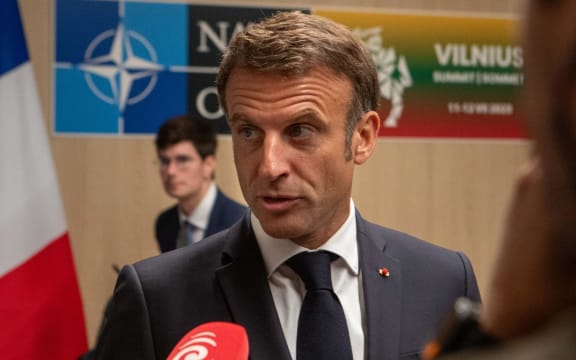
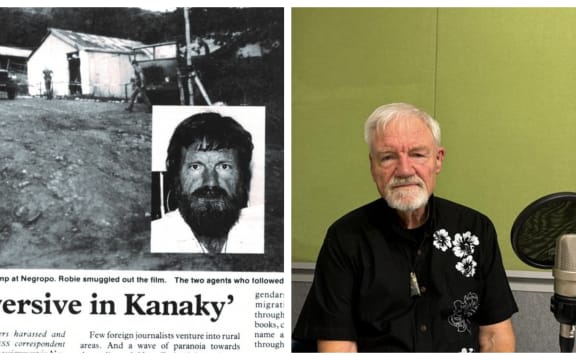
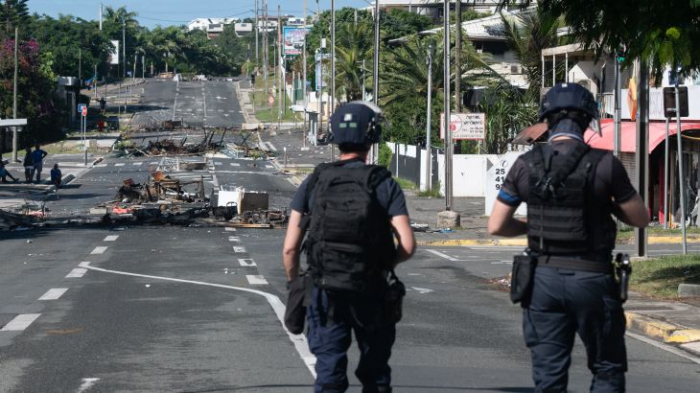


No comments:
Post a Comment